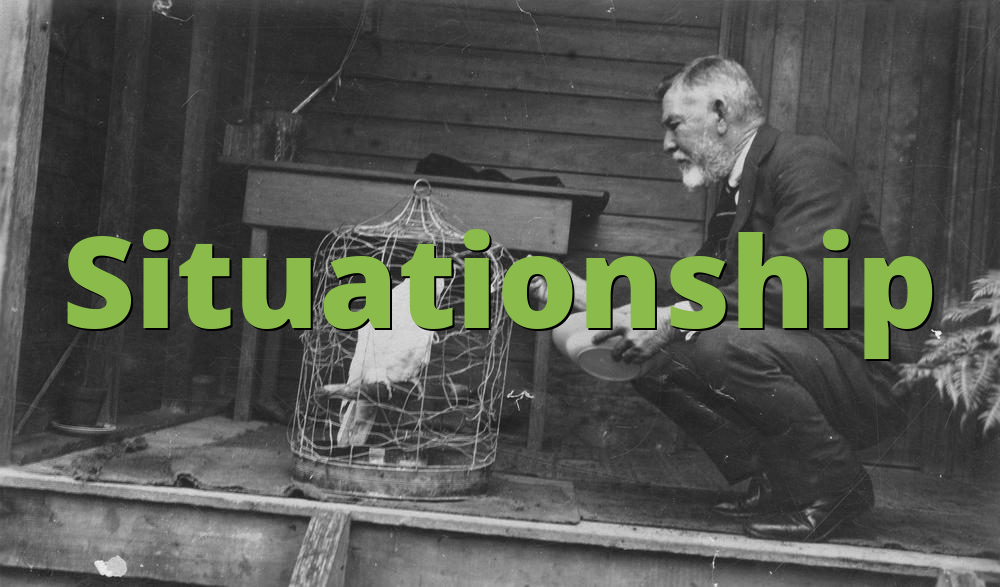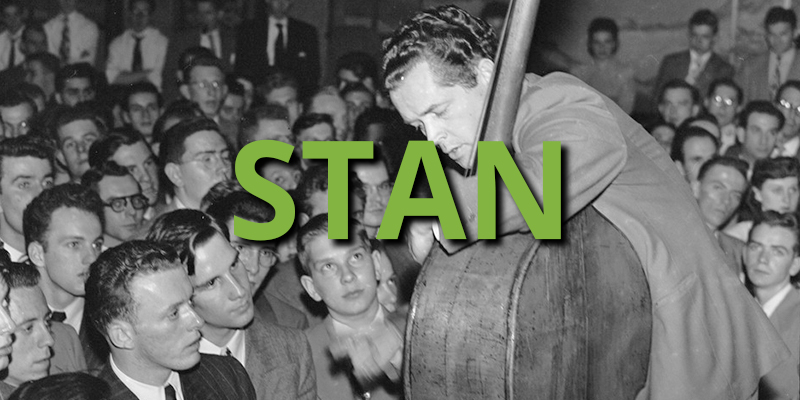What does IEP mean?

Other definitions of IEP:
- Informal slang implying someone requires extra attention or has difficulty comprehending basic concepts.
- Casually used insult referencing perceived intellectual deficiencies of the insulted party.
All of our slang term and phrase definitions are made possible by our wonderful visitors. If you know of another definition of IEP that should be included here, please let us know.
How to use the term
IEP:
-
Bro, did you hear Chad asked if apples grow underground? Cant tell if he needs an IEP or just attention.
-
Cindy spent two minutes pushing the pull door again. Mama Mia, get this girl an IEP!
-
Sure, lets repeat algebra again for Jeff, our class genius with the invisible IEP.
A Curious Voyage Into the Murky Waters of the IEP
Ah, 'IEP'—a term that sails uncertainly across the tempestuous seas of educational jargon and adolescent snark alike. My dear readers, prepare to embark upon an odyssey into the surprisingly complex and occasionally distasteful world of modern youths and their creative insults packaged neatly behind harmless acronyms.
The Genuine Article: Educational Origins
IEP originally stands for Individualized Education Program in the pedagogical realm—a distinctly un-scandalous, administrative term requiring educators and specialists to craft a unique specialized curriculum tailored splendidly to meet the unique needs of students facing cognitive and developmental challenges. Noble and necessary, the IEP is an educational compass that provides fine-tuned instructions, goals, and support strategies to accommodate a student’s particular learning disabilities.
- Mandated by U.S. federal law under the Individuals with Disabilities Education Act (IDEA).
- Intended to ensure equal access and opportunity to educational success.
- Involves periodic reviews, adjustments, and collaborative planning among teachers, specialists, families, and the student's school.
Emergence in Slang and Derogatory Use
Yet teenage humor, my intrepid explorers, spares nothing from distortion—not even noble acronymic champions like 'IEP.' From the hallowed halls of knowledge into the shadowy alleys of adolescent derision, 'IEP' has metamorphosed into snark-slanged shorthand implying someone is quintessentially dim, clueless, or needing extraneous hand-holding in basic comprehension.
- Used satirically or snarkily among peers to suggest someone requires special assistance or possess abnormally low intellectual capacity.
- Often subtly implies laziness, ignorance, or obtuseness rather than genuine learning impairment.
- Frequently hurled casually with mock sympathy, faux concern, or sarcastic affection.
Variations and Related Expressions
Confronted by barriers of logic and linguistic orthodoxy, teenagers rarely retreat—they merely forge alternative iterations. Thus, 'IEP' births variations such as:
- 'IEP Kid'—explicitly references someone viewed as elementary in behavior or thought.
- 'Needs an IEP'—implying someone is especially lacking in common sense.
- 'Invisible IEP'—sarcastic term for those perceived ignorant without formal diagnosis.
Cultural Usage and Demographics
The slang usage primarily inhabits school environments—middle schools, high schools, and universities—where critical peer analysis (read: ruthless teasing) flourishes among groups of teens and young adults with too much free time and too little tact. Its adoption spans beyond typical clique boundaries, although its voluminous presence is notable in online spaces like TikTok, Reddit, and Twitter, encapsulating meme-enhanced mockery of ludicrous statements or ignorant behavior.
Potential for Controversy and Sensitivity
Predictably, dear reader, the term draws forth controversy from various waves of advocacy, illuminating concerns surrounding ableism, poor taste, and offensive language towards genuinely differently-abled communities. Critics view such derogatory usage as trivializing true learning disabilities, stigmatizing those who genuinely require academic support, and normalizing insensitivity.
- Advocates argue usage perpetuates harmful stereotypes and conflates actual disabilities with casual incompetence.
- Educators encourage peers and parents alike to discourage or confront insensitive phrasing used as mockery.
Conclusion
Summary thus dictated, my dear vessel-bound companions, we find ourselves once more navigating the rough cultural waters, steering clear of insensitive pitfalls whilst bearing witness to slang's mischievous alchemy. In short, the term 'IEP' aptly illustrates language’s ever-evolving tendencies as it oscillates, pendulum-like, between well-intentioned educational structures and mischievous adolescent vocabularies. As ever, travelers upon these waters, surf with care, discretion, and sensitivity—or, risk getting drenched in controversy...
References:
There are no references for IEP at this time. We would greatly appreciate your contribution if you would like to submit your own!
More slang terms:
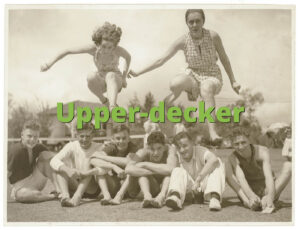
Upper-decker
An act of defecation within the water tank rather than the toilet bowl as a prank or act of vandalism.

10 Toes Down
To remain steadfast, loyal, or committed, especially through challenges or adversity.

Catching Strays
Being inadvertently criticized or insulted when not directly involved or targeted.
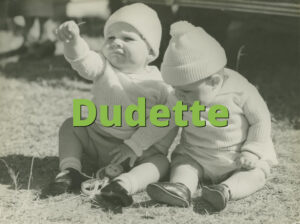
Dudette
A colloquial term for a woman or girl, typically used informally.

FRFR
"For real" twice. A colloquial slang abbreviation meaning truly, honestly, or seriously.
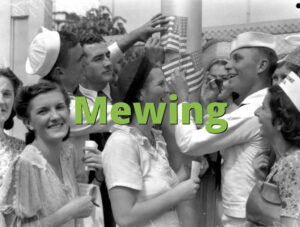
Mewing
An exercise involving pressing the tongue flat against the roof of the mouth to reshape the jawline.

Ma Boi
An affectionate slang phrase used to address or refer to a close male friend or companion.

Opps
Enemies or rivals, particularly in street culture or rap beef.

Dump Truck
A notably large and shapely buttocks, usually referring to someone with an exceptional rear end.
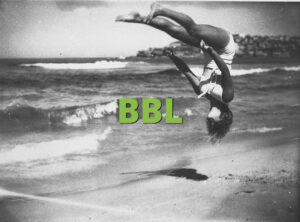
BBL
"Brazilian Butt Lift," a cosmetic surgery procedure involving fat transfer to buttocks for enhanced curves.
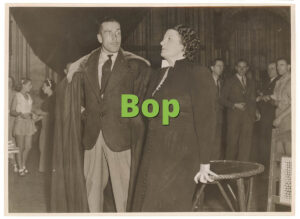
Bop
A song that is exceptionally catchy or enjoyable.
